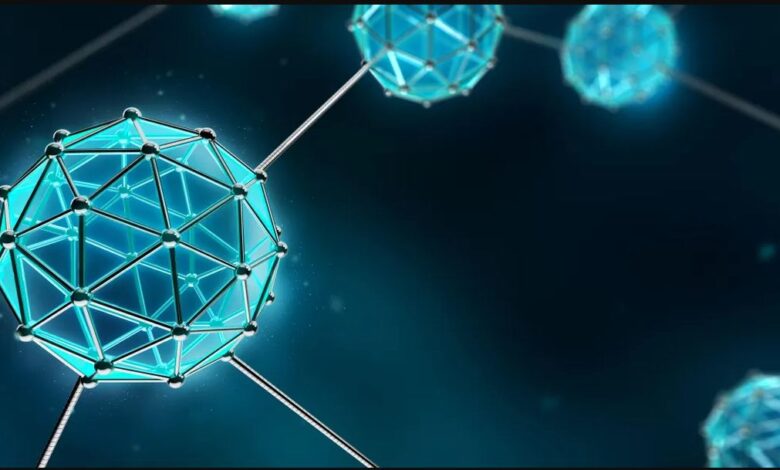Nanotechnology: the potential of small-scale Technology to revolutionize industries

Nanotechnology refers to the study and application of materials and devices at the nanoscale level, which is typically less than 100 nanometers in size. This emerging field has the potential to revolutionize industries by enabling the creation of new materials and products with enhanced properties and capabilities.
One of the key advantages of nanotechnology is that it allows scientists and engineers to manipulate matter at the atomic and molecular levels, giving them unprecedented control over the properties of materials. This means that materials can be made stronger, lighter, more durable, or more reactive, depending on their intended use.
In the healthcare industry, nanotechnology has already led to the development of new drug delivery systems, diagnostic tools, and imaging techniques. For example, nanoparticles can be used to deliver drugs directly to cancer cells, minimizing the impact on healthy cells and reducing side effects. In addition, nanoscale sensors and devices can be used to detect diseases earlier and with greater accuracy than traditional methods.
Nanotechnology also has the potential to revolutionize energy production and storage. By using nanoscale materials, it is possible to create more efficient solar cells, batteries, and fuel cells. This could help to reduce our dependence on fossil fuels and mitigate the effects of climate change.
Other industries that could benefit from nanotechnology include electronics, construction, and transportation. For example, nanoscale materials could be used to create stronger, more lightweight building materials or more efficient and reliable electronic devices.
Overall, the potential of nanotechnology is vast and exciting. As scientists continue to explore the possibilities of this field, we can expect to see many new and innovative applications in the years to come.
In the electronics industry, nanotechnology has the potential to create smaller, faster, and more powerful devices. For example, nanoscale transistors could be used to increase the processing power of computer chips, while nanoscale memory devices could store more information in less space. This could lead to the development of new generations of smartphones, computers, and other electronics with enhanced capabilities.


